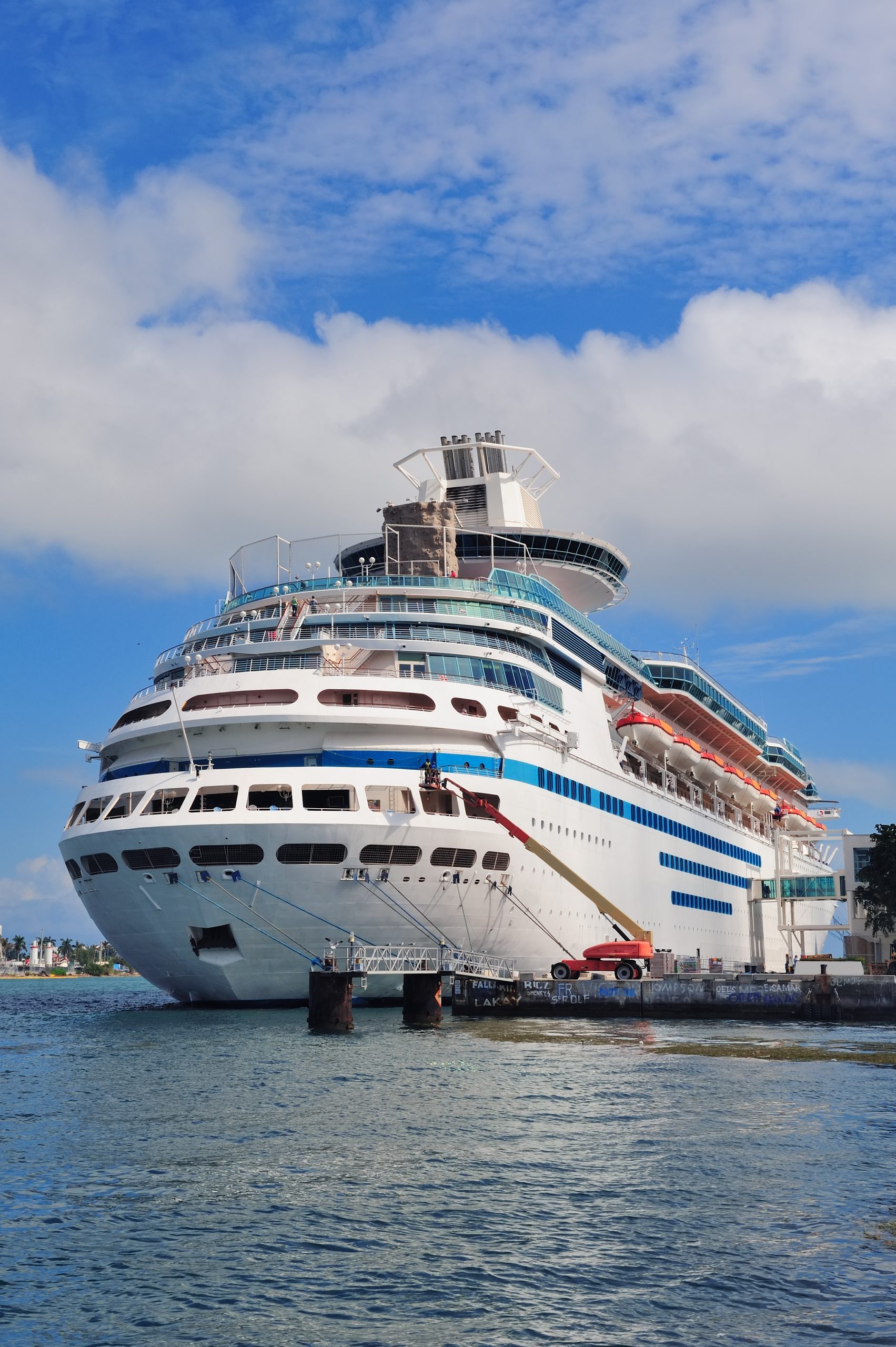Let's Discuss
Enquire NowCruise vacations have come a long way from being mere journeys across the sea. Modern cruise ships are packed with cutting-edge technology and innovations that provide passengers with an unparalleled experience. One of the key advancements in the cruise industry is the implementation of smart ship technologies, particularly in the domain of network management. In this blog, we will explore how cruise lines are leveraging intelligent network management to ensure a consistent and reliable internet connection for all passengers, making for an enhanced and connected cruising experience.
The Demand for Reliable Internet at Sea
Staying connected has become essential in this digital age, even when you’re miles away from the mainland. Cruise passengers expect to have access to the internet for a variety of reasons, including staying in touch with loved ones, sharing their experiences on social media, and conducting business while on the go. However, providing reliable internet connectivity on the open sea presents unique challenges.

Challenges in Cruise Ship Connectivity
Cruise ships are essentially self-contained cities on water, with thousands of passengers and crew members vying for bandwidth at any given time. The challenges of maintaining a stable internet connection in this environment are numerous. Some of the common issues include:
- Satellite Connectivity: Cruise ships rely on satellite connections for internet access, which can be affected by weather conditions, signal lag, and limited bandwidth.
- Network Congestion: With thousands of devices simultaneously connected to the ship’s network, network congestion is a constant concern, leading to slow and unreliable internet.
- Seamless Mobility: Cruise ships are constantly on the move, which requires the network to adapt to changing satellite coverage and geographical locations.
Smart Ship Innovations in Network Management
To overcome these challenges, cruise lines have been investing in smart ship technologies that enable intelligent network management. Here’s how they are achieving this:
- Advanced Satellite Technology: Cruise ships are now equipped with state-of-the-art satellite technology, including high-throughput satellites (HTS) and low Earth orbit (LEO) satellite systems. These technologies provide faster and more stable connections, reducing latency issues.
- Load Balancing: Cruise ship networks use intelligent load balancing to distribute bandwidth efficiently among passengers. This ensures that no single user or group monopolizes the network, guaranteeing a fair and consistent experience for all.
- Quality of Service (QoS): QoS protocols are implemented to prioritize certain types of data, such as voice and video calls, over less time-sensitive applications like email or web browsing. This ensures that critical communication needs are met.
- Seamless Roaming: Smart ship technologies seamlessly switch between satellite beams and terrestrial networks when the ship is close to land. This minimizes service interruptions and optimizes connectivity.
- Predictive Analytics: Cruise lines use predictive analytics to anticipate network congestion and make real-time adjustments to accommodate increased demand. This prevents bottlenecks and slowdowns during peak usage times.
The Passenger Experience
These smart ship innovations have transformed the passenger experience on cruise ships. With a more reliable and high-speed internet connection, passengers can now:
- Stay Connected: Passengers can keep in touch with family and friends, share their experiences on social media, and even work remotely if needed.
- Stream Content: High-quality video streaming, whether for movies, TV shows, or live sports events, is now possible, enhancing onboard entertainment.
- Virtual Reality (VR): Cruise ships are incorporating VR experiences that require stable internet connections, such as virtual reality gaming and immersive tours of destinations.
- On-Demand Services: Passengers can easily access ship-related information, make reservations, and order services through dedicated apps and online portals.
Conclusion
The integration of intelligent network management in the cruise industry represents a significant step forward in improving the passenger experience. By addressing the challenges of providing reliable internet connectivity at sea, cruise lines are ensuring that their customers can stay connected and enjoy all the benefits of a digital world while sailing the open waters. These innovations are a testament to the ongoing commitment of the cruise industry to meet the evolving needs of modern travelers and provide a seamless and connected cruising experience.
Disclaimer: The opinions expressed in this article are those of the author(s) and do not necessarily reflect the positions of Dexlock.



